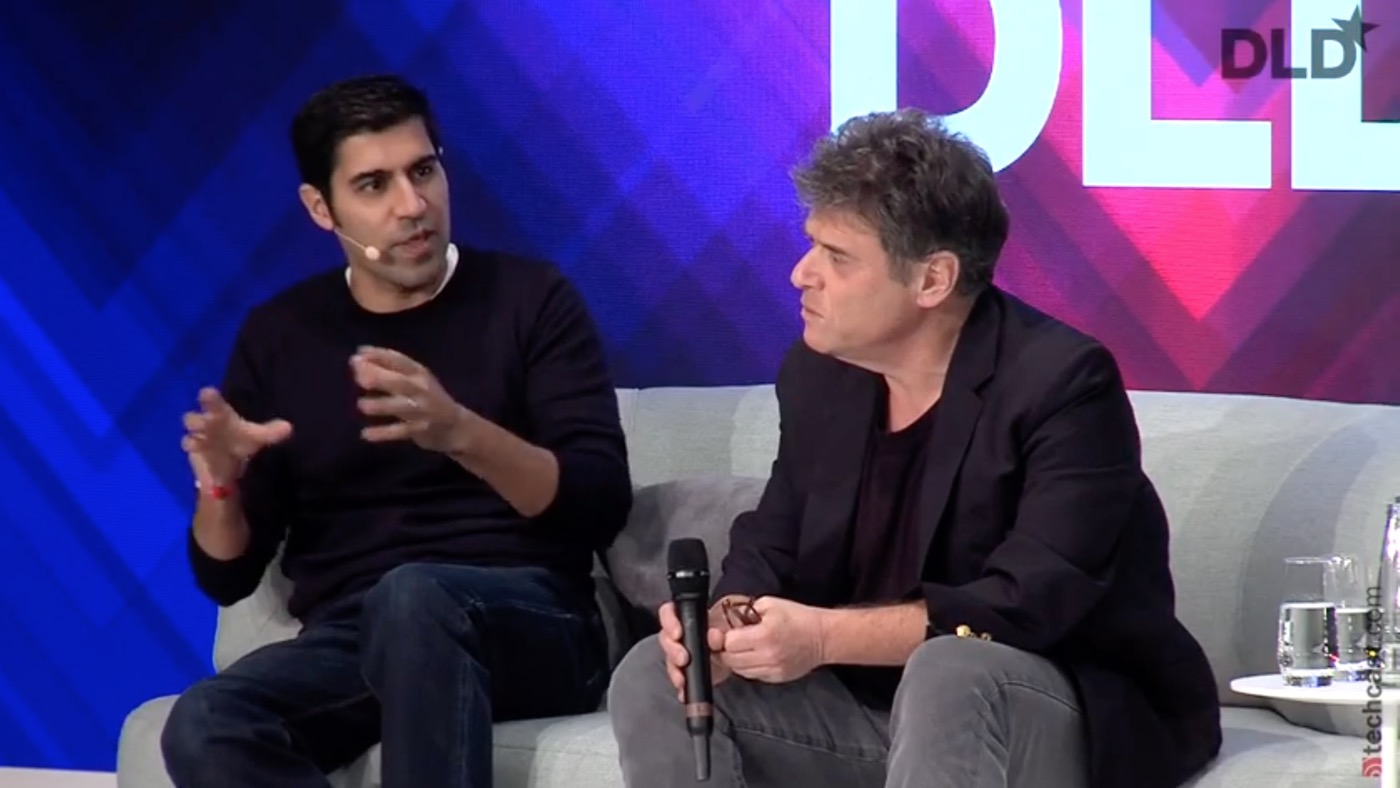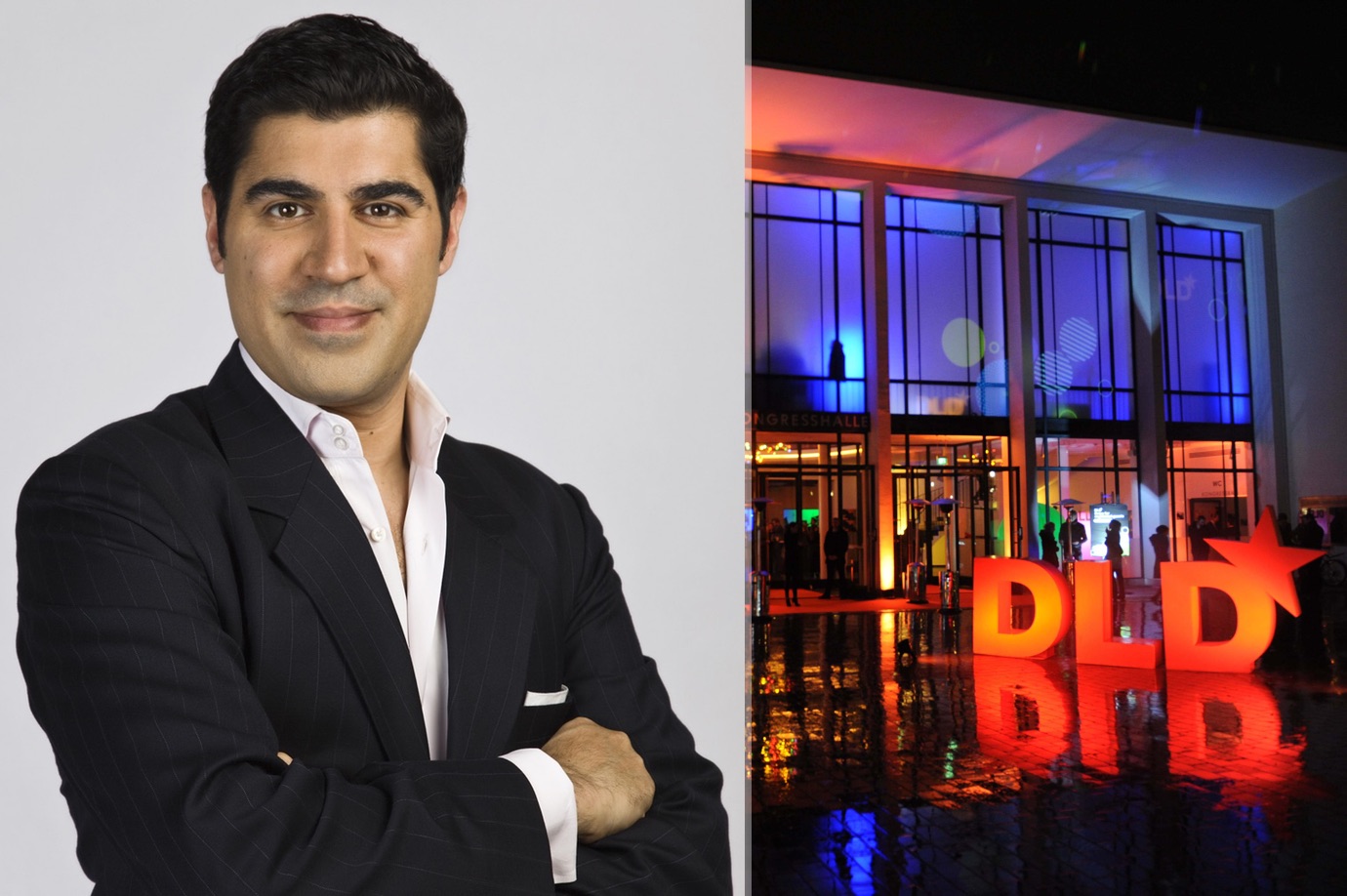At DLD Munich 2019, from January 19-21, we’re bringing together some of the brightest minds and most influential leaders in science, business, politics, and culture. One of them is Parag Khanna – geopolitical scholar, corporate strategist and best-selling author of books like The Second World and Connectography. Parag Khanna was born in India, holds a PhD from the London School of Economics and lives in Singapore.
We caught up with with the 41 year-old founder of advisory firm Futuremap ahead of the publication of his newest book, The Future is Asian, which argues that a new multi-civilizational order is dawning, with a region of five billion people, reaching from Saudi Arabia to Japan and Russia to Australia, becoming interconnected and representing 40 percent of global GDP, making it the new powerhouse of the world economy.
Why does Asia look more optimistic to the future than much of the West these days?
The region has experienced the most spectacular reduction of poverty through economic growth and wealth creation in human history in a single generation, for the largest number of people. That obviously shapes the outlook on the present and also into the future. In much of Asia you have optimism, pro-globalization, pro-trade, and a desire to build cross-border connectivity – with infrastructure and trade agreements alike. In contrast, we see pessimism, anti-globalization and populism in the U.S., the U.K. and many other Western countries.
Where do you see Europe’s strengths compared to the U.S. and Asia?
I look to Europe to set the most pro-public, pro-citizen regulatory norms. Despite Brexit and growing populism in countries like France, Italy or Germany, I trust Europe to be most mature society. There’s a consensus among political scientists that the modern European welfare state represents the most evolved, decent form of progressive governance in the world. Europe needs to be the smart middle ground between the American-style winner-takes-all capitalism and Chinese authoritarianism. Given that DLD is more than just a technology conference, we can have a conversation at the intersection of politics and technology and governance that’s more sophisticated than elsewhere. That’s really critical because technology must be viewed as something that’s part of a broader economic, social and political context.
How do we find positive solutions for the issues that are dividing our societies?
Technology has a branding problem right now but I believe it plays a crucial role in improving society. The Internet and connectivity provide a fundamental service that helps people at all income levels and in all sectors of the economy to be more active and engaged participants. Take social media, for example. Every single politician in America has a Facebook page, and they actually listen now to what their constituents are saying – whereas in the past they would often ignore letters mailed to city hall. I think that’s a positive thing, and that story isn’t getting told enough. People don’t quantify and appreciate what forces for good, collectively, services like Google, Facebook and many others have been. Of course we should regulate certain aspects of tech. But the point is, first of all, to get on the same page: we should not consider technology and social media as evil forces – because that view is overly simplistic. It would mean throwing the baby out with the bathwater.

The Asian Century
By loading the video you agree to the privacy policy of YouTube.
You are currently viewing a placeholder content from YouTube. To access the actual content, click the button below. Please note that doing so will share data with third-party providers.
More Information